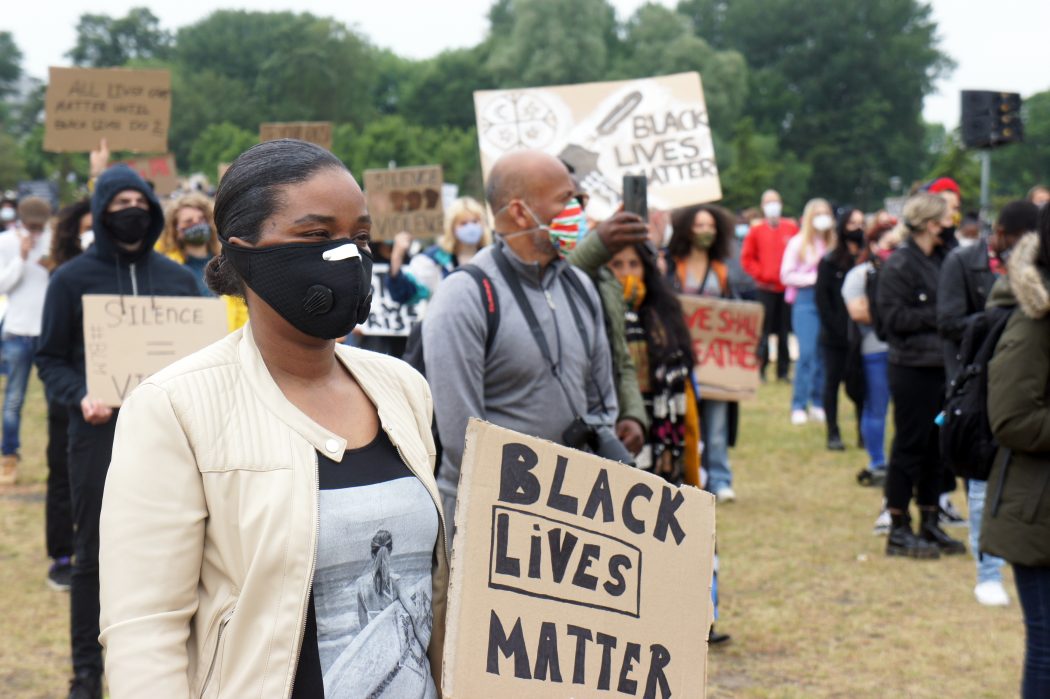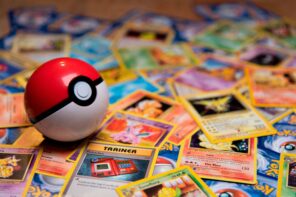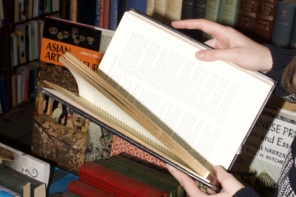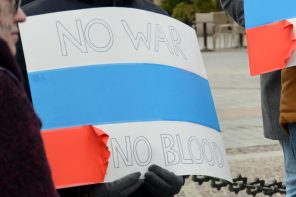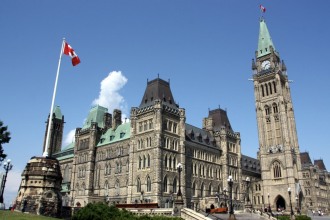History is normally something we find in books, handed to us through fiction novels that spin real-life events into engaging narratives, or through the textbooks we are forced to spend large portions of our allowances on. We are consequently disconnected from important historical events and are made to believe that history is just that, a story, rather than something that is lived. But all of that changed this year.
As this painful year comes to a close, it’s important to reflect on how living through major historical events has shaped us.
To say the absolute least, 2020 has been unique. It’s been challenging, eye-opening, and most of all, unprecedented. This year has reminded us that our experiences will one day be the topic of the historical fiction novels and textbooks we read today. It has also reminded us that real people have to go through the tragedies we have the luxury of skimming over as we cram for a history test. As this painful year comes to a close, it’s important to reflect on how living through major historical events has shaped us.
A lot has happened this year. The fires in Australia and the looming threat of World War Three in January, the eerie stillness of February, and of course, the crash and burn of March. I remember where I was (sitting with my friends in my high school’s hallway) when I got the news that school would be out for two weeks following March Break. At the time, we were happy — it was our senior year of high school, university application results were rolling out, and we all needed a little break. But two weeks turned into three, three weeks turned into four, and four weeks turned into the indefinite closure of schools.
The world fell into a sort of limbo. We moved past the frantic toilet paper purchasing stage and moved into the ‘I’ve-never-been-in-my-house-for-this-many-days-straight’ stage. At this point, many of us hadn’t fully processed the gravity of the situation. Establishments were closed, we couldn’t see anyone, and traditions such as prom and graduation were cancelled. Not to mention, 10,953 Canadians have died so far (about a quarter of the deaths as a result of WWII) and cases are still climbing in various parts of the country. So what do we do in a situation like this one? For many people, the answer was to ignore safety regulations, to forget about social distancing, and to ditch their masks. For others, it was to follow the restrictions put in place, avoid going outside unless necessary, and not see anyone without a mask. At this point in the pandemic, many of us have realized that we are individually powerless in changing the situation we find ourselves in. Thus, emphasis is placed on how we react to and contribute to collective efforts to combat the virus. We are faced with the decision to either put the needs of others ahead of our own, or carry on as if nothing has happened.
When an innocent man is killed, will you speak out or stay silent? According to the evidence, most people chose to speak out.
Assessing our individual behavior and the behaviors of others during the pandemic is a major source of anxiety on its own, and is augmented when other historic ‘firsts’ are being thrown into the mix. One of these ‘firsts’ is the resurgence of the Black Lives Matter Movement. This was (and continues to be) another unprecedented event that placed heavy emphasis on how we react to the cards we’re dealt. When an innocent man is killed, will you speak out or stay silent? According to the evidence, most people chose to speak out.
The protests that took place all across America this past summer propelled the movement to be the largest one in the country’s history. Of course, police brutality and racial tensions have been ongoing social justice issues for many years, but the murder of George Floyd made these systemic problems (in the US and around the world) urgent. While the pandemic feels as though it is largely out of our hands, the BLM movement is directly influenced by individual and collective action. As a result of this, there was a surge of activism from people of all backgrounds, whether through protesting on the streets, signing petitions, donating, or posting Instagram info-graphics. It was evident that people were taking the initiative to educate themselves as well, as books such as Ibram X. Kendi’s How To Be an Antiracist and Robin DiAngelo’s White Fragility began to top the New York Times’ Bestsellers list, and documentaries such as Ava Duvernay’s 13th were being talked about again.
This hands-on experience has made me realize that history is not defined by the events themselves, but by how we respond to them.
Prior to this year, I’ve never been as close to or involved in such significant historical events. Maybe it’s because I have no choice, as a person who lives in a city with ever-climbing COVID-19 cases, and as a member of the black community. This hands-on experience has made me realize that history is not defined by the events themselves, but by how we respond to them. So, when this chapter of the history textbook is being typed up however many years from now, how do you want your story to go down?

